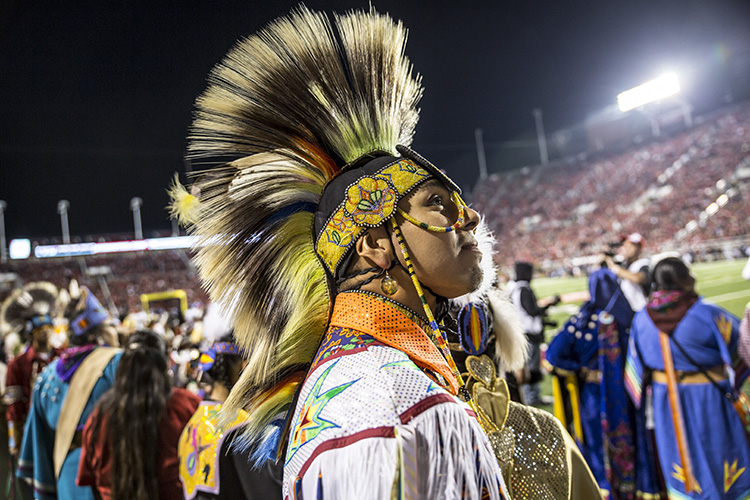Faculty Opportunities
at the University of Utah College of Social Work
Established in 1937, the University of Utah College of Social Work is a leader in
social work education in the Intermountain West.
We offer a challenging learning environment of belonging, where BSW, MSW, and PhD
students are encouraged to collaborate with faculty, peers, and community partners
in analyzing and resolving critical social challenges.
The University of Utah College of Social Work is currently seeking dynamic tenure-track and career-track faculty candidates to contribute to the strategic growth of the College.
The College of Social Work
The Grand Challenges for Social Work require us to develop innovative, evidence-based solutions in partnership with various stakeholders. At the College of Social Work, we are building upon a foundation of belonging, equal opportunity, accessibility, and sustainability—in our collective efforts to tackle numerous challenges in our communities and society. We honor our professional responsibility to generate and advance enduring solutions to a myriad of social problems.
The University of Utah—the flagship institution of the Utah System of Higher Education—has been classified by the Carnegie Classification of Institutions of Higher Education into the highest category of research universities: “Doctoral/Very High Research Activity,” often referred to as “R1” institutions. The College of Social Work houses two nationally-recognized research centers:
Land Acknowledgement
 The University of Utah has both historical and contemporary relationships with Indigenous
Peoples. Given that the Salt Lake Valley has always been a gathering place for Indigenous
Peoples, we acknowledge that this land, which is named for the Ute Tribe, is the traditional
and ancestral homelands of the Shoshone, Paiute, Goshute, and Ute Tribes and is a
crossroad for Indigenous Peoples. The University of Utah recognizes the enduring relationships
between many Indigenous Peoples and their traditional homelands. We are grateful for
the territory upon which we gather today; we respect Utah’s Indigenous Peoples, the
original stewards of this land; and we value the sovereign relationships that exist
between tribal governments, state governments, and the federal government. Today,
approximately 60,000 American Indian and Alaska Native peoples live in Utah. As a
state institution, the University of Utah is committed to serving Native communities
throughout Utah in partnership with Native Nations and our Urban Indian communities
through research, education, and community outreach activities.
The University of Utah has both historical and contemporary relationships with Indigenous
Peoples. Given that the Salt Lake Valley has always been a gathering place for Indigenous
Peoples, we acknowledge that this land, which is named for the Ute Tribe, is the traditional
and ancestral homelands of the Shoshone, Paiute, Goshute, and Ute Tribes and is a
crossroad for Indigenous Peoples. The University of Utah recognizes the enduring relationships
between many Indigenous Peoples and their traditional homelands. We are grateful for
the territory upon which we gather today; we respect Utah’s Indigenous Peoples, the
original stewards of this land; and we value the sovereign relationships that exist
between tribal governments, state governments, and the federal government. Today,
approximately 60,000 American Indian and Alaska Native peoples live in Utah. As a
state institution, the University of Utah is committed to serving Native communities
throughout Utah in partnership with Native Nations and our Urban Indian communities
through research, education, and community outreach activities.
Salt Lake City & Utah
Situated along the east bench of Salt Lake City, the University of Utah is nestled into the foothills of the beautiful Wasatch Mountains. At the edge of campus—which encompasses the state arboretum—a natural stream winds its way through Red Butte Garden and a well-maintained hiking and biking trail crosses paths with the Natural History Museum of Utah.

Salt Lake City offers a spectacular mix of city life and nearby natural solitude, with plenty of family friendly activities throughout Utah’s four lovely seasons. Utah’s capital city has a population of approximately 200,000 from many different backgrounds and has become a welcoming destination city for refugees, fostering an exceptional variety of community cultural events.
Visitors are greeted by warm, friendly people, clean streets, and a relaxed but active atmosphere. Walkable and bike-friendly neighborhoods lend to the safe, small-town feel of one of the 50 largest metropolitan markets in the U.S.







